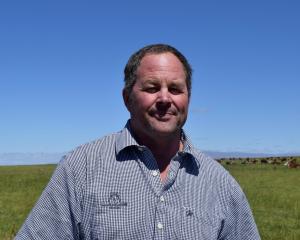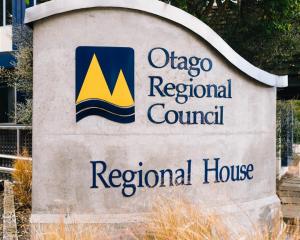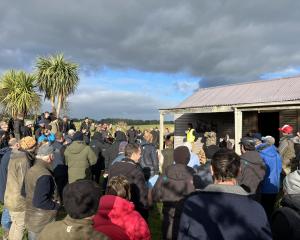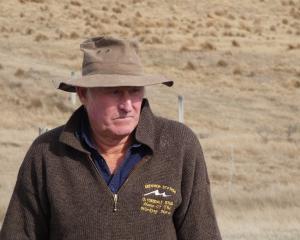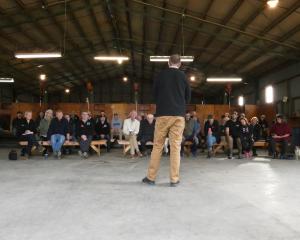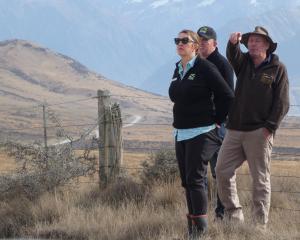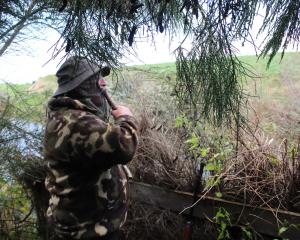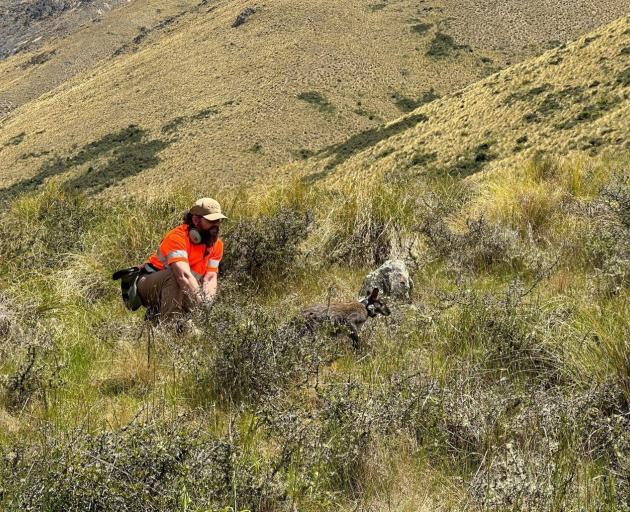
Ten seekers were released in the Mackenzie and Waitaki districts, and are being monitored via satellite by a hunting team, to see if they lead the hunters to other mobs of feral wallabies.
Since their release, one of the seeker wallabies has roamed about 42km.
Otago Regional Council project delivery specialist Gavin Udy said the first wallaby hunt was planned for next week, depending on the weather.
It marks a New Zealand first in the nationwide fight against Bennett’s wallaby — an invasive introduced pest which is growing rapidly in numbers.
Mr Udy said the "moderately gregarious" animals could be found in small family groups and would congregate to feed.
Any non-tagged wallabies found would be shot, leaving the satellite-tagged wallaby to continue to seek out more wallabies.
He said if the project was successful, applying the technique in areas of very low or low wallaby density had the potential to increase detection and kill rates, and accelerate the eradication of Bennett’s wallaby in Otago and South Canterbury.
"Finding wallabies across large landscapes and difficult terrain is resource hungry, where there are so few wallabies present.
"A small breeding population can grow and expand over time.
"It is critical that we develop new cost-effective tools to find wallabies in these environments."
Mr Udy said the ORC, in collaboration with Environment Canterbury and the Tipu Mātoro National Wallaby Eradication Programme, hoped the two-year research programme would provide a new tool in the battle against the fast-breeding pest.
"Tipu Mātoro’s research programme is all about improving existing wallaby detection, surveillance and control methods, and finding new ones to address the pest wallaby problem," Mr Udy said.
ORC is investing $110,000 over two years in the field work component of the research.
Mr Udy said the potential benefits of the research would far exceed the costs of the level of investment made in terms of protecting Otago from wallaby spread and the damage they do to native bush, farms, crops, commercial forestry, and our biodiversity.
As part of the partnership, the Tipu Mātoro eradication programme is contributing an additional $100,000, while Environment Canterbury is supporting the research through landowner consultation, DNA sampling and supplementary control work.
The research is being conducted under approved permits from the Ministry for Primary Industries and the Lincoln University animal ethics committee.



